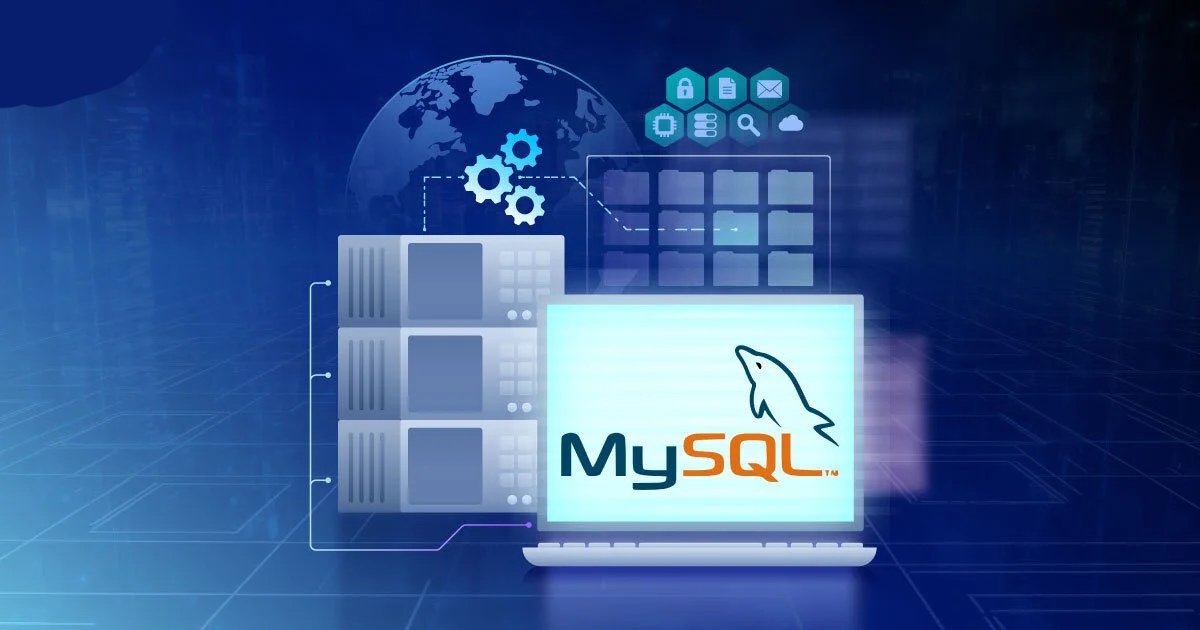
PostgreSQL
This course is designed to provide participants with a comprehensive understanding of
PostgreSQL, an open-source relational database management system. Participants will
start with the basics of database management, SQL queries, and data modeling,
gradually progressing to advanced topics such as performance optimization, security,
and scalability. Practical hands-on exercises and real-world applications will be
incorporated to reinforce theoretical concepts.
Frequently Asked Questions
Both MySQL and PostgreSQL are strong choices, but for different reasons. MySQL excels in ease of use and performance for read-heavy applications. PostgreSQL offers more features, like advanced data types and strong concurrency control, making it better for complex queries and write-heavy workloads.
PostgreSQL is a versatile open-source database used for various applications. It's popular for web applications (e.g., handling user data and logins), data warehousing (storing and analyzing large datasets), and geographical data (due to its spatial data types). Its reliability and feature set make it a trusted choice for many projects.
PostgreSQL is free and open-source.
The time to learn PostgreSQL depends on your background. If you already know SQL, it can take 1-2 weeks to grasp the basics. But to become proficient for complex tasks, expect 2-3 months of dedicated practice working with PostgreSQL's features and functionalities.
PostgreSQL is an SQL database, not NoSQL.
Yes, PostgreSQL is a software program. It's a database management system.
Yes, PostgreSQL skills can be a good career path. The demand for PostgreSQL developers is high, and it's an open-source skill with a strong community. With expertise, you can command competitive salaries and work on interesting projects.
It depends! For basic queries, they might be similar. Oracle can outperform PostgreSQL for high-throughput scenarios due to advanced features, but PostgreSQL excels in cost-efficiency and can be optimized for performance in many cases.
PostgreSQL itself isn't inherently cloud-based, but it can be run on cloud platforms.
PostgreSQL isn't inherently difficult, especially if you have prior SQL experience. The core concepts are approachable within a week or two. However, mastering its advanced features like functions, triggers, and complex data types takes dedicated practice. The challenge lies in understanding its functionalities and applying them effectively for your specific needs.
1. Introduction to Databases
2. PostgreSQL Basics
3. SQL Fundamentals
4. Data Modeling
5. Advanced SQL Queries
6. Indexing and Performance Optimization
7. Transaction Management
8. Security in PostgreSQL
9. Scalability and Replication
10. Backup and Recovery





